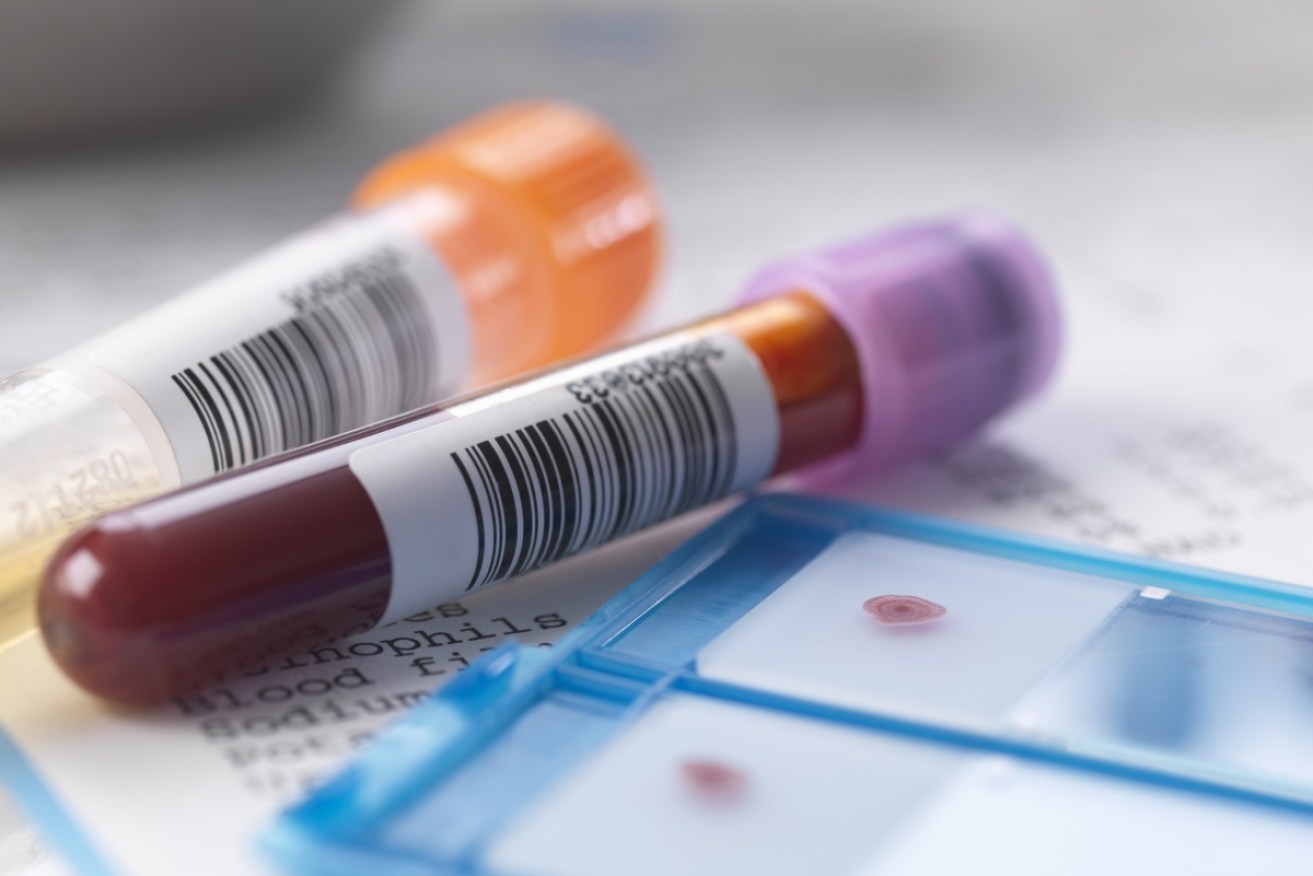A new hope for detecting cancer early


Soon there could be an easier way of finding cancer cells in the body Photo Getty
It could soon be possible to detect cancer with a simple blood test, scientists say.
Current screening tests for cancer include everything from mammograms, to colonoscopies and biopsies, depending on the cancer type under investigation, but the new technology could soon give doctors a very simple, non-invasive early detection test to work with.
Professor Andy Tao was a member of the team at Purdue University that made the breakthrough. He said he and his colleague had identified proteins (called phosphoproteins) in the blood that, when elevated, signify the patient has cancer.
This research was done around patients suffering breast cancer but could be expanded to detect all cancer, he said.
“This is definitely a breakthrough,” Prof Tao explained. “The samples we used were 5 years old, and we were still able to identify phosphoproteins, suggesting this is a viable method for identifying disease biomarkers.”
Prof Tao said he was now working on trying to find a way of reliably distinguishing which type of cancer was present based on the specific levels of phosphoproteins found in the blood.
They were also developing a tool for doctors to be able to perform this analysis in-office.
Early detection is very important for improving the prognosis of any person with cancer. According to the government’s cancer agency, Cancer Australia, the benefits of early detection include increased survival rates, increased treatment options and “improved quality of life”.
At the moment the best tools available for early detection of breast cancer are: breast awareness and regular self-examination, clinical examination by a health professional and mammography.
It is important to be aware of what your breasts usually look and feel like, check regularly in the shower for any lumps or changes, and report any changes or concerns to your trusted health professional.
The New Daily is a media partner of the Women in Super Mother’s Day Classic, which takes place in 100 locations around Australia on Sunday May 14, raising money for the National Breast Cancer Foundation to help fund breast cancer research.
